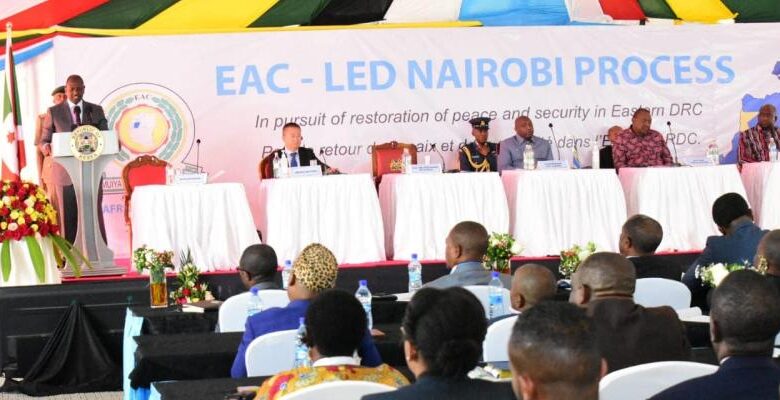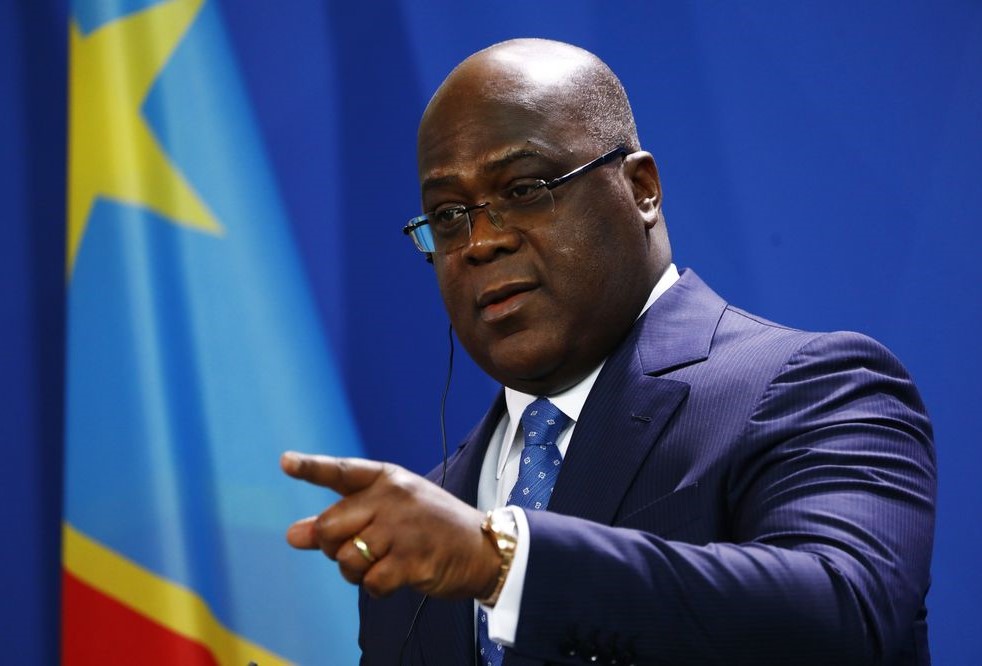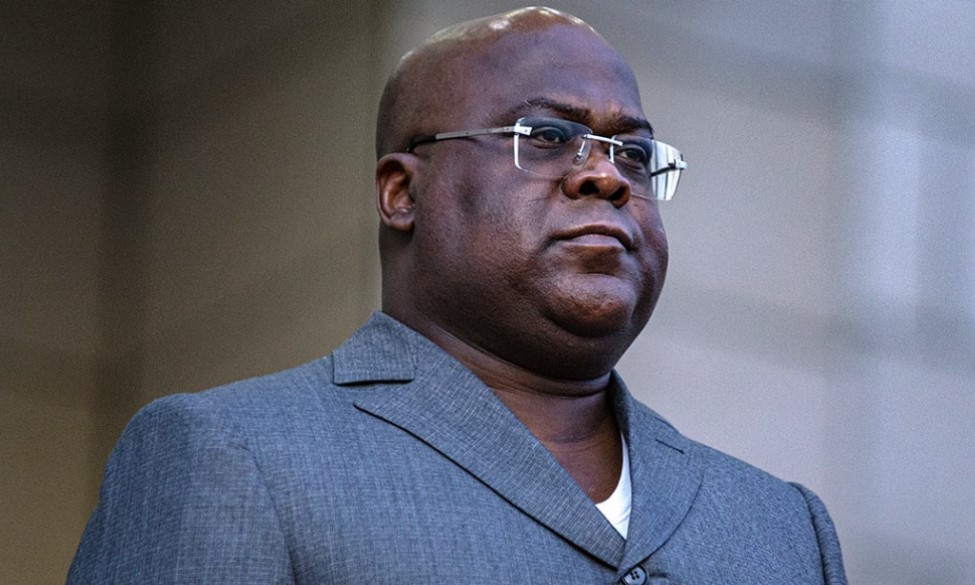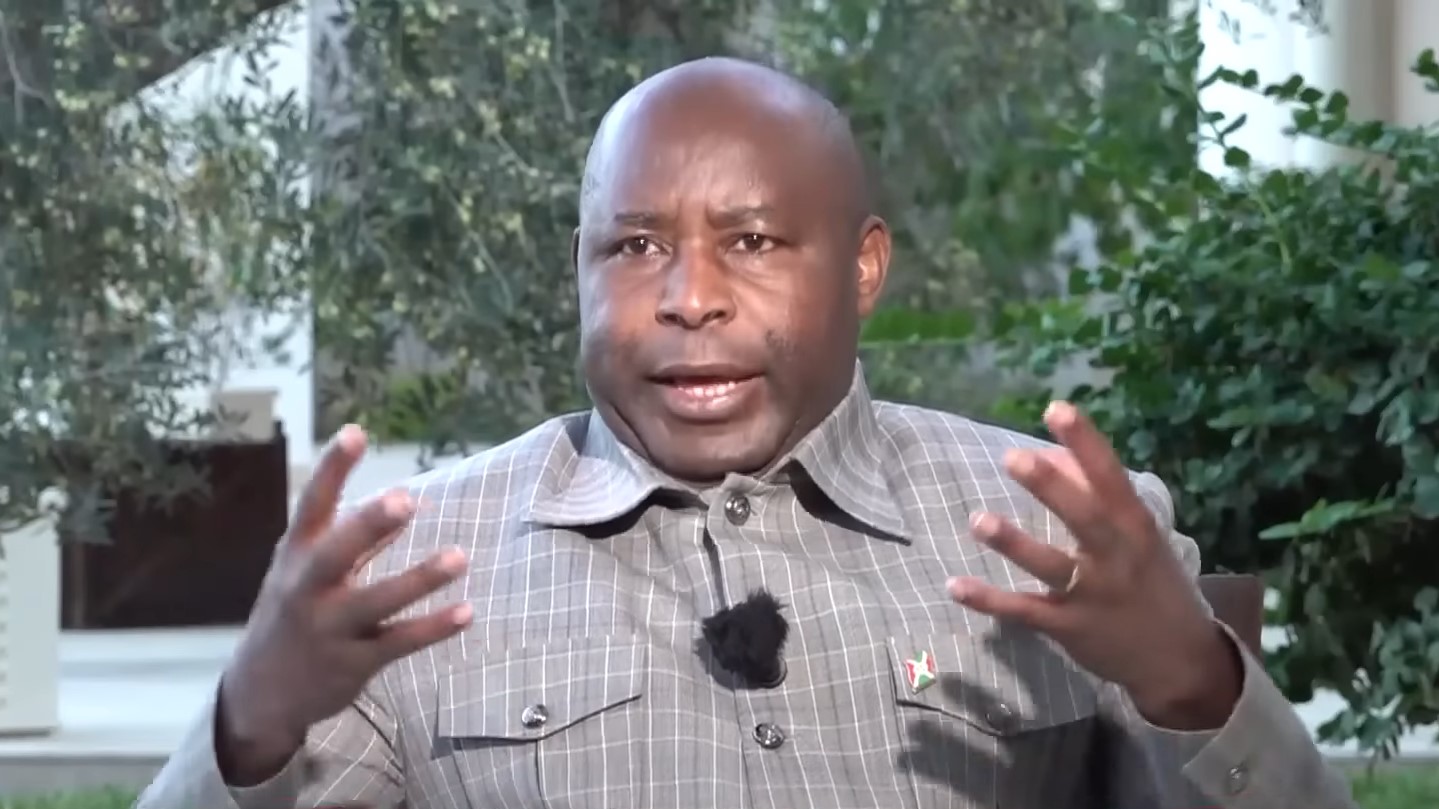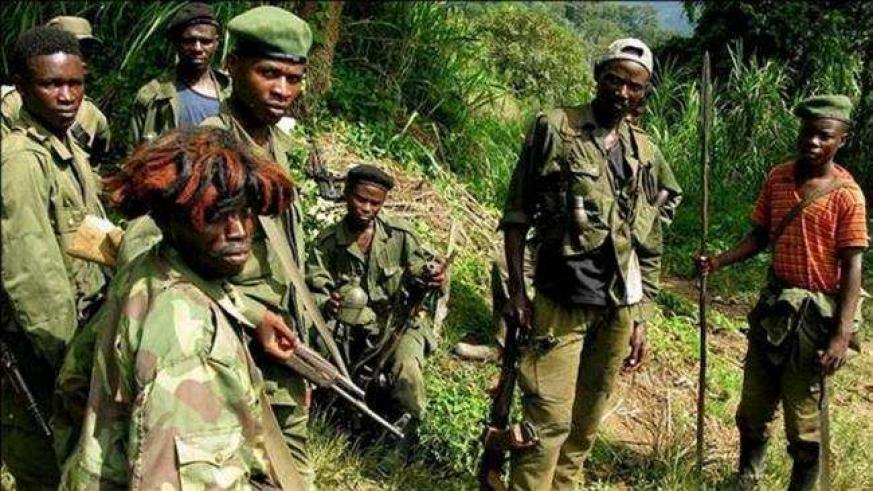Regional
What makes DRC a safe haven for terror groups?
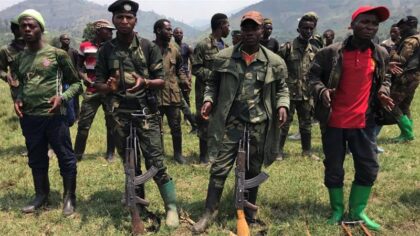
The
Democratic Republic of Congo (DRC) has been experiencing insecurity, especially
in its eastern part, for more than three decades. Presently, there are more
than 130 armed groups operating in the country’s restive east. Many of these
groups receive support from the Congolese government and security forces.
These
local and foreign armed groups include FDLR – a Rwandan genocidal terror group
formed by remnants of the masterminds of the 1994 Genocide against the Tutsi –
and ADF, the Ugandan Islamic terror group which is part of Islamic State's
Central Africa Province. Atrocities committed by armed groups in eastern DRC
have become part of a systematic pattern to disrupt lives, instill fear and
create havoc, according to the UN.
In
November 1999, the UN introduced its peacekeeping mission in the country, then called MONUC, renamed MONUSCO in 2010,
but the latter has brought no positive change. UN troops have consistently
failed the Congolese population. Hundreds of protesters recently demonstrated
in eastern DRC against one of the world's largest and most expensive peace
operations. MONUSCO has around 12,400 troops and costs more than $1 billion per
year. The protests laid bare public frustration with the U.N. peacekeepers, who
have been deployed in the country for more than two decades.
But
what makes the country a safe haven for terror groups? Corruption, weak
governance and impunity are among the reasons why armed groups found a comfort
zone in the country’s restive east. The prevalence of many armed groups
subjected Congolese civilians to widespread rape and sexual violence, massive
human rights violations, and extreme poverty.
Corruption
The
Congolese state has suffered from corruption since independence. Endemic
corruption in the country is common knowledge. The government’s lack of
political will to investigate alleged wrongdoings and the opacity of financial
operations have long enabled corrupt officials to enjoy impunity.
In
end 2021, for example, high-level corruption was reported by a consortium of
media and international groups after investigators from 18 countries, working
with 19 media outlets and five nongovernmental organizations, spent months
going through 3.5 million leaked documents to produce “Congo Hold-Up,” a
stunning account of corruption under former president Joseph Kabila. According
to findings, Kabila, his family, and close associates allegedly embezzled at
least $138 million over five years between 2013 and 2018. They even allegedly
stole United Nations payments intended for Congolese soldiers who contributed
to peacekeeping operations in the Central African Republic.
While
the country’s people remain among the poorest in the world, successive
Congolese regimes have put their own
short-term interests over the well-being of the Congolese people. Government
officials deny that there’s a humanitarian crisis in a sinister attempt to
attract foreign investment and further enrich those in power. The mining sector
is particularly prone to corruption.
Valuable
concessions are granted with little legitimate benefit to the state due to the
lack of accountability and transparency in the management of natural resources.
Corruption
in the country happens within all state institutions, including the security
institutions, and involves destabilising effects. During his state visit to
Ituri – one of two eastern provinces put under a state of siege since May 2021
with the aim of putting an end to the proliferation of armed groups – in June
2021, Congolese President Félix Tshisekedi deplored the high levels of
corruption within the national army.
He
admitted that the plague is a major obstacle to the existing security provision
and pacification efforts.
“In fact, there are many shenanigans that
undermine our security forces. The same mafia has developed in the army as well
as in our institutions. It’s not just the army and the police. We saw it, look,
in the Senate recently. It’s all this law of omerta,” the Congolese president
said, referring to the Senate’s refusal to lift the senatorial immunity of a
former prime minister of Joseph Kabila, Senator Matata Ponyo, suspected of
embezzling millions of euros.
Congolese
army commanders sell arms to armed groups they are supposed to fight, and
report ghost numbers of military personnel to increase their monthly earnings.
A
Human Rights Watch report published on October 18 pins the Democratic Republic
of Congo army (FADRC), on supplying arms and ammunitions to the FDLR. The FARDC
used FDLR and other militia groups to fight M23 rebels, who seized the border
town of Bunagana since June.
On
many occasions, Congolese security forces were reported setting barriers for
civilians, to cross after paying a bribe. They complain that their salaries are
too little and irregular, making it difficult for them to survive.
Governance
deficit
Poor
or bad leadership is another major, or
the main, problem. The country is a battleground. And much of the recent
violence is linked to the country’s worsening political crisis. State
institutions such as parliament, courts, the army and the civil service remain
weak and corrupt. Weak or missing necessary checks on executive power worsen the
situation. Parliament is poorly funded and divided while the judiciary is
deeply politicized and also inadequately funded.
The
plague of bad governance continues to affect the country. Countrywide, violent
crime such as armed robbery is common and local police lack resources to
respond effectively to serious crime. Demonstrations are common in many cities.
Some have turned violent.
Due
to corruption, nearly 80 per cent of customs revenues are embezzled, a quarter
of the national budget is not properly accounted for, and millions of dollars
are misappropriated in the army and state-run companies.
Worse still, the national elections scheduled
for December 2023 created a class of disenfranchised politicians and former
warlords tempted to take advantage of state weakness and launch new
insurgencies. President Tshisekedi is now maneuvering to delay elections and is
using violence, repression, and corruption to entrench his hold on power. Not
sure he can win the December 2023 election, Tshisekedi is maneuvering to sow
instability in a deliberate strategy of chaos to justify further election
delays.
There’s
a saying in the DRC that refers to “Article 15,” a nonexistent paragraph of the
country’s constitution during the Mobutu Sese Seko regime in the 1970s that
stands for “figure it out yourself.” It acknowledges the wide spread of
corruption, implying that people cannot rely on the state to survive. Poor or
weak governance and corruption are considered the biggest obstacles to
protecting the country’s wealth and ensuring sustainable development.
Tshisekedi’s
weak governance has emboldened armed groups. This is a president with little or
no knowledge of the country’s daily situation to the extent that he appointed,
on October 17, Maj Gen Floribert Kisembo, a man who died 11 years ago, as the
new head of military operations in North Equateur Province.
Speaking
to TV5 in November, Congolese opposition politician, Martin Fayulu, said: “Mr
Tshisekedi is incapable, incompetent and irresponsible. He came to look for
money with his friends.”
With
irresponsible leadership, armed groups survive largely because the army is too
weak to defeat them. For very long, the Congolese state has been an absentee
landlord, with outside partners such as the UN mission, MONUSCO, pretending to
do its work.
In a
country where public administration is in shambles and civil servants mutated
into predators, people expect very little from the state, government or civil
servants. The country’s governance deficit makes it impossible to ensure the
development needs and interests of the country and its people.
While
corruption and incompetence within the DRC military and the government, among
others, allow the insecurity in the east to continue, Kinshasa is in denial.
For Congolese leaders, neighboring Rwanda is ever the culprit.
Impunity
Like
his predecessor, Tshisekedi has presided over a system of entrenched impunity
in which those most responsible for abuses are routinely rewarded with
positions, wealth, and power. Congolese security forces have orchestrated much
of the violence in the east, in some cases by creating or backing local armed
groups.
Widespread
impunity continues to reign, contributing to the recurrence of killings and
other serious crimes. Documented crimes remain unpunished. For nearly three
decades, for example, Kinshasa has not shown any sound proof that it won't
tolerate the FDLR reign of terror and the group’s leaders won't enjoy impunity
for their crimes.
The
origins of the current violence in the DRC are in the massive refugee crisis
and spillover from the 1994 genocide against
the Tutsi in Rwanda. The génocidaires fled to eastern DRC – where
they were welcomed with open arms – and formed armed groups, intent on wiping
out the Tutsi population there. The ongoing
violence and massacres in eastern DRC were escalated by hate speech spread by
Congolese officials who were supposed to halt them.
Kinshasa
has kept quiet and no single individual was tried for inciting hate speech,
killing the CongoleseTutsi, or looting and damaging their properties.
The
United Nations Special Adviser on the Prevention of Genocide, Alice Wairimu
Nderitu, on November 30, called for combatting impunity. She expressed concern
over “an escalation of hate speech and incitement to discrimination, hostility,
and violence nationwide –and specifically against the Kinyarwanda speaking
Banyamulenge people – spread by political party figures, community leaders,
civil society actors, and members of the Congolese diaspora.”



